27, February 2023
The Holy Father to visit Hungary, meet Orban in April 0
Pope Francis will visit Hungary in April and meet far-right Prime Minister Viktor Orban, the Vatican said Monday, with the Ukraine war and migrants expected to dominate talks.
Francis, who regularly champions the rights of refugees, will sit down in Budapest with Orban, who portrays himself as the defender of a Christian Europe against migrants.
During his April 28 to 30 trip, the pope will also meet with poor people as well as youths and refugees, according to a programme released by the Vatican.
It will be the 86-year-old pope’s second visit to the predominantly Catholic country in two years.
Francis made a one-day visit to the country in September 2021, spending just seven hours in the country to preside over a mass and meet privately with Orban.
The pope then received Orban for the first time at the Vatican a few months later, in April 2022.
During the private audience, he thanked the Hungarian leader for the protection his country had offered to refugees fleeing the war in neighbouring Ukraine, the Vatican later said.
Some 34,248 Ukrainians have so far been granted refugee status in Hungary.
‘Strategic’
The two men have conflicting views on a range of issues. Francis is a defender of European integration and the protection of minorities, while Orban champions nationalism and a deeply conservative Catholicism.
Orban has also come under fire in the past for his policies against non-European refugees, while pro-Orban media outlets in Hungary have slammed the pope’s views on immigration as “cretinous” and “senile”.
But Vatican watchers say Francis may be hoping that Orban, who nurtured close ties to Russian President Vladimir Putin before the war in Ukraine, could help the pope in his quest to play peace broker in the year-long conflict.
Hungary has trod an ambiguous path on the war, with Orban condemning Russian aggression while refusing to criticise Russian President Vladimir Putin by name.
Francis has vowed to do “everything possible” to try to end the war, but his attempts to position the Vatican as a possible mediator appear so far to have fallen flat.
April’s visit “has a strategic purpose in relation to Russia’s war in Ukraine, given Hungarian PM Victor Orban’s long standing relationship with the Kremlin,” British religion reporter Christopher Lamb tweeted.
During his visit — the pope’s 41st trip abroad since his election in 2013 — he will visit children and address diplomatic corps.
He will also meet with bishops, priests and pastoral works. More than half of Hungarians are Christian, and at least 37 percent of the population identifies as Catholic.
Source: AFP

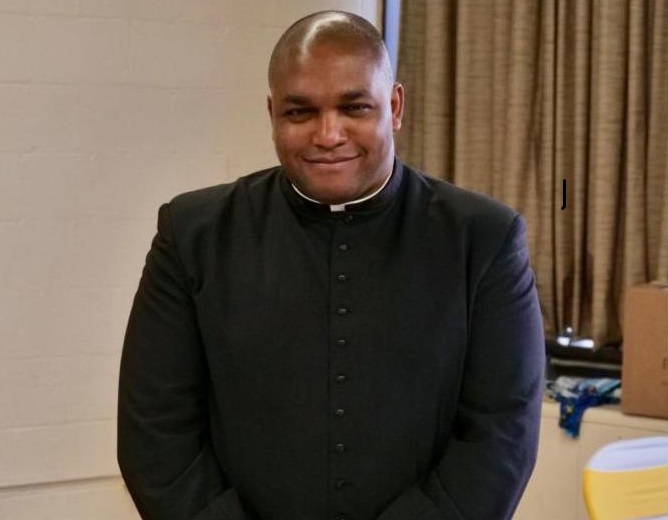
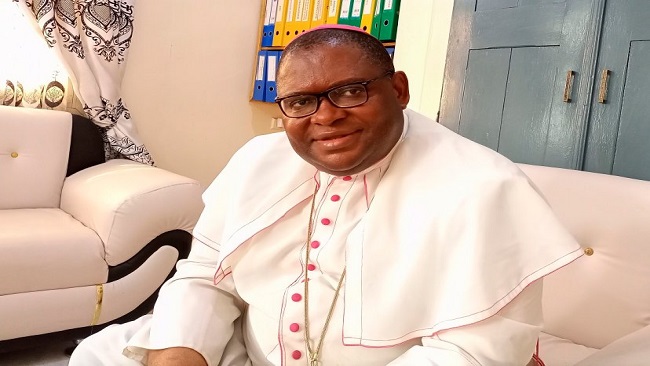
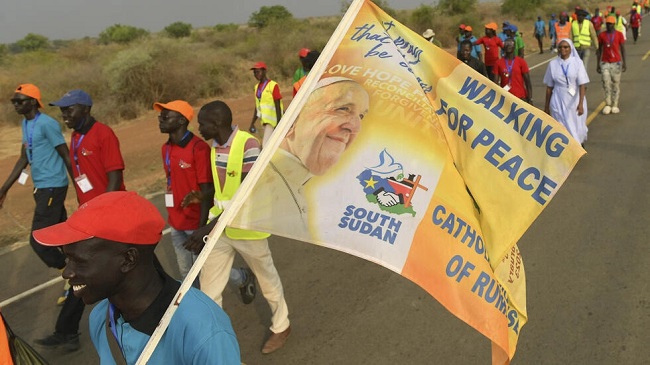
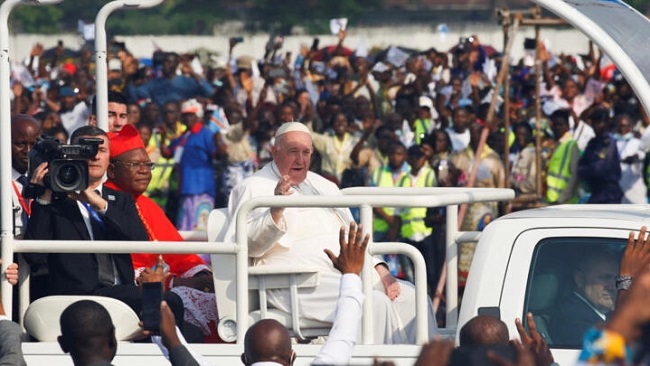
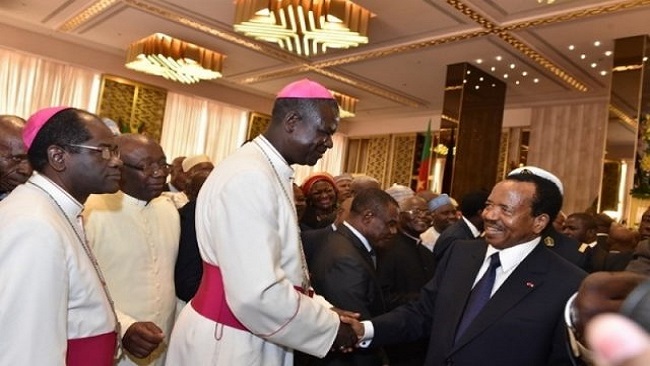
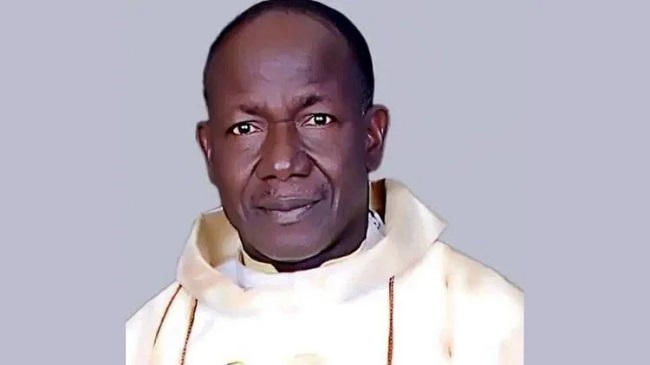
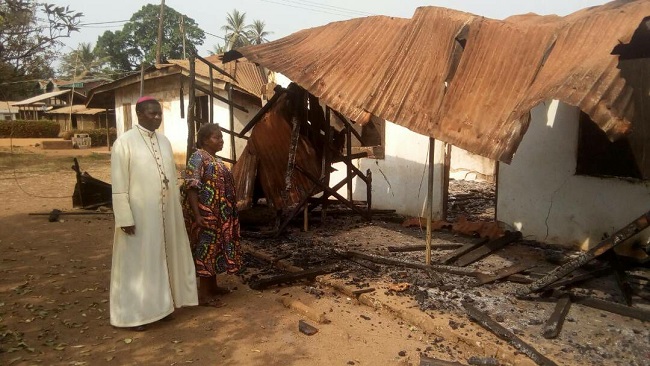

















9, March 2023
French Cameroun: Roman Catholic Priest killed in Lékié 0
Fr. Olivier Ntsa Ebode, a Catholic priest in the Lékié region of Cameroon, has been found dead.
According to local press reports, he was murdered in the night between the 28th February and the 1st March, after being lured out of his house by men claiming that a relative of theirs was sick and wanted to see him.
Cameroonian news website 237online said that Fr Ebode was a “respected figure” in the community, known for his commitment to peace and social justice.
Instability is on the rise in Cameroon, parts of which are suffering from conflict between government forces and separatists. Around 800,000 people are estimated to have been displaced, and at least 6,000 killed.
Source: Vatican News